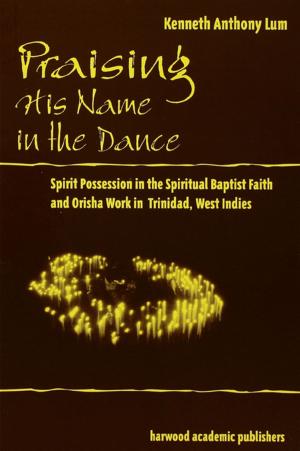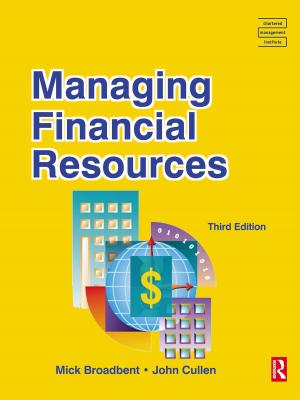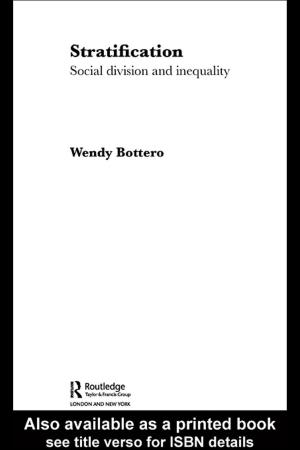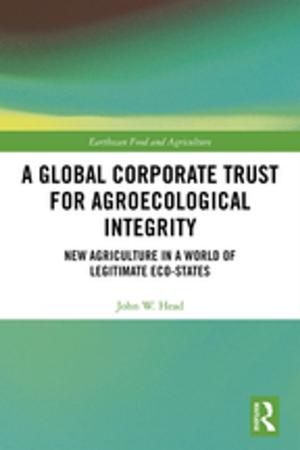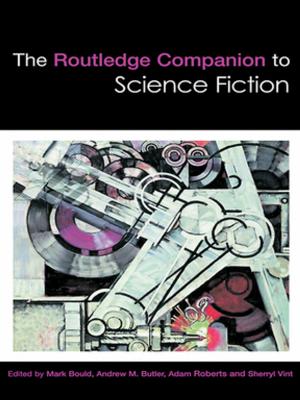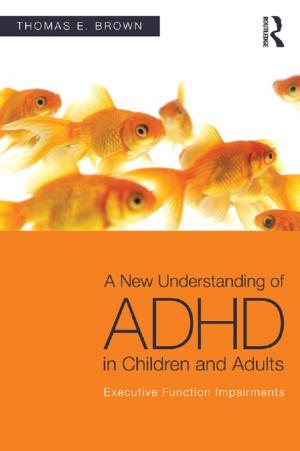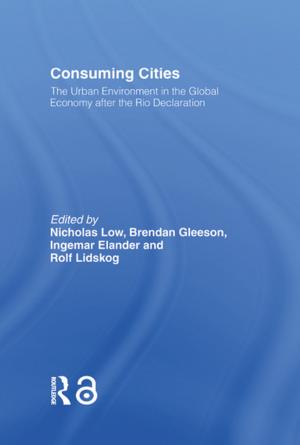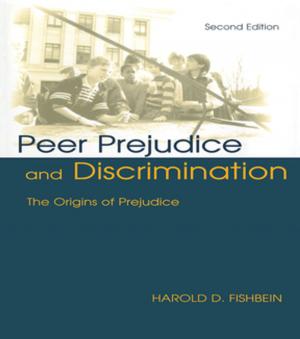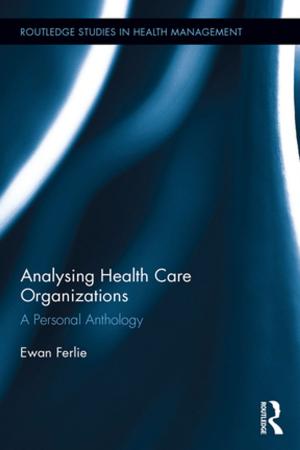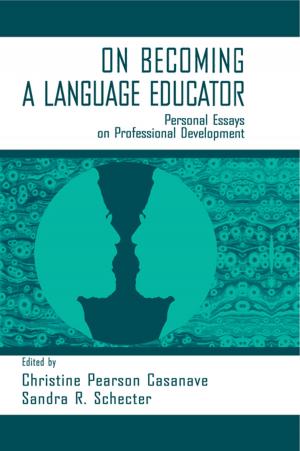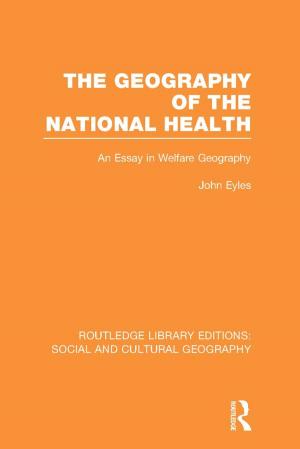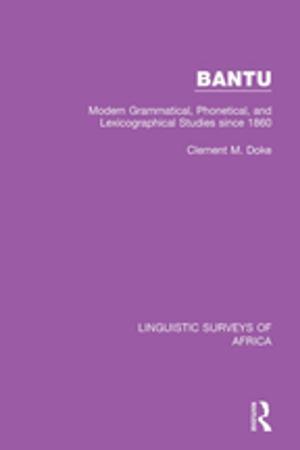Sexing the Animal in a Post-Humanist World
A Critical Feminist Approach
Nonfiction, Reference & Language, Language Arts, Linguistics| Author: | Roslyn Appleby | ISBN: | 9781351271462 |
| Publisher: | Taylor and Francis | Publication: | May 15, 2019 |
| Imprint: | Routledge | Language: | English |
| Author: | Roslyn Appleby |
| ISBN: | 9781351271462 |
| Publisher: | Taylor and Francis |
| Publication: | May 15, 2019 |
| Imprint: | Routledge |
| Language: | English |
This pioneering collection of essays unpacks the complex discursive and embodied relationships between humans and animals, contributing to a more informed understanding of both human-animal relations and the role of language in social processes. Focusing on the example of shark-human interactions, the book draws on forms of analysis from multimodality and critical discourse studies to examine the representations of this relationship across visual arts, popular media, and the natural sciences, each viewed through a critical feminist lens. The combined effect highlights the significance of the emergent turn to post-humanism in applied linguistics and its role in fostering more engaged discussions around broader contemporary social issues, including environmental degradation and climate change on the one hand, and resurgent feminism and challenges to normative heterosexuality on the other. Paving the way for new forms of writing and language for a post-anthropocentric age, this volume is essential reading for students and scholars in applied linguistics, gender studies, sociolinguistics, human-animal studies, and environmental humanities.
This pioneering collection of essays unpacks the complex discursive and embodied relationships between humans and animals, contributing to a more informed understanding of both human-animal relations and the role of language in social processes. Focusing on the example of shark-human interactions, the book draws on forms of analysis from multimodality and critical discourse studies to examine the representations of this relationship across visual arts, popular media, and the natural sciences, each viewed through a critical feminist lens. The combined effect highlights the significance of the emergent turn to post-humanism in applied linguistics and its role in fostering more engaged discussions around broader contemporary social issues, including environmental degradation and climate change on the one hand, and resurgent feminism and challenges to normative heterosexuality on the other. Paving the way for new forms of writing and language for a post-anthropocentric age, this volume is essential reading for students and scholars in applied linguistics, gender studies, sociolinguistics, human-animal studies, and environmental humanities.



